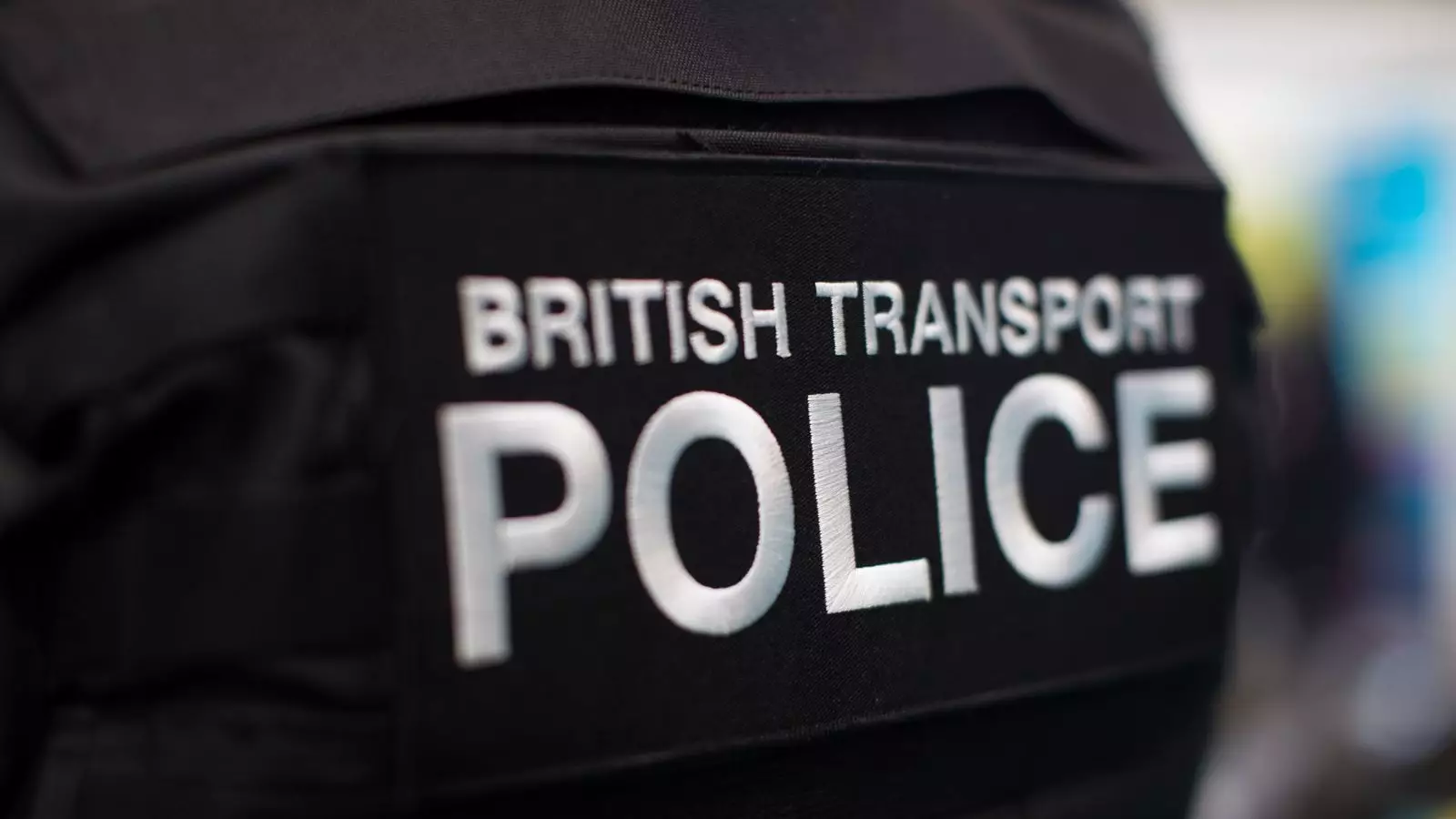In a disheartening move, the British Transport Police (BTP) has decided, post-Supreme Court ruling, to strip search trans women only by male officers, disregarding their gender identity. This interim measure, as described by the BTP, seems more like a regressive step than an inclusive policy, raising serious questions about the safety, dignity, and rights of trans individuals. The ruling, which defines a woman strictly in biological terms, threatens the foundational principles of gender recognition laws and perpetuates systemic discrimination against those who identify outside traditional gender binaries.
It’s alarming that the Supreme Court’s interpretation of the Equality Act 2010 is backed by an archaic and rigid view of gender. The assertion that only biological women can claim the title of “woman” showcases a gross misunderstanding of the complexity of gender, reinforcing outdated notions that have kept marginalized communities at the fringes of society for far too long. This policy not only alienates trans women but also encourages a culture of fear and vulnerability among individuals who have already faced significant discrimination both socially and legally.
Safety Concerns Amplified
The implications of this ruling are multifaceted. Not only does it risk the safety of trans women by subjecting them to potentially traumatic encounters with authorities who reject their identity, but it also places female officers in uncomfortable positions. The possibility that female officers could be coerced into searching trans individuals who may identify externally as men raises ethical concerns about consent and professional integrity. The initial policy, which adhered to gender recognition certifications, acknowledged the complexities of human identity, and intuitively understood that a strip search should align with the individual’s lived experience.
The decision by BTP is not merely a bureaucratic blunder; it has real-world ramifications. Strip searches are invasive in nature, exposing vulnerable individuals to unnecessary embarrassment and psychological distress. What happens when women—biologically classified as such—find themselves in the custody of male officers? Here the law sends a clear message: gender identity is secondary to biological classification, amplifying the insensitivity towards human dignity and mental wellbeing.
Equality Under Fire
The backlash against the ruling from organizations like Sex Matters, who aptly raised concerns about risk and harassment, echoes a larger sociopolitical dilemma. We live in a world where recognition and acknowledgment of gender nuance should be celebrated, not stifled. The assertion that the new BTP guidance prioritizes safety while ignoring the very real risk of sexual harassment and assault that trans women face in custody is hypocritical.
Understanding equality in law means more than recognizing a binary definition of sex. It calls for a re-evaluation of the language we use in legal frameworks that directly impact marginalized groups. The invocation of Article 3 of the European Convention on Human Rights highlights yet again the need for a comprehensive understanding of human rights that incorporates emotional and psychological safety. No person should be stripped not only of their clothes but also their dignity and identity in governmental custody.
Implications for the Future
The ramifications of this ruling extend beyond the immediate actions of the BTP. It raises critical questions about the future of trans rights within the UK, particularly as public bodies like the NHS are now required to reassess their policies. The assertion made by Baroness Kishwer Falkner about the clarity following the ruling might provide a false sense of security. True equality cannot exist where trans identities are relegated to the margins, nor can we accept compliance at the cost of human dignity.
Politicians like Karin Smyth call for a careful review of guidance with a cautious approach. This is a plea that stems from a well-intentioned place but risks further delaying the urgent change needed. Time cannot be merely a luxury when lives are at stake. As history has shown, without proactive measures, the evolution of equality often stagnates, leaving marginal voices unheard.
The BTP ruling serves as a stark reminder of the fragility of progress, imploring society to reflect on whose interests are truly being served. In a world where identity and dignity hang in precarious balance, the fight for recognition must remain at the forefront, lest we slip back into silence and complicity.


Leave a Reply